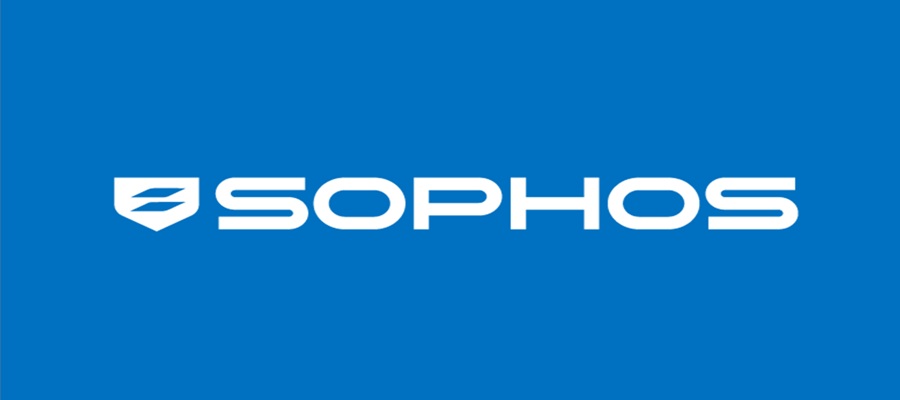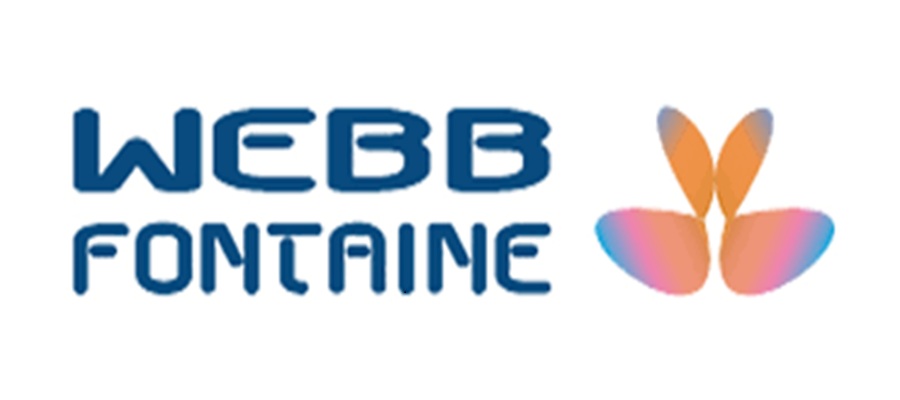Telecom
Google Introduces New Tool to Enhance Quick Access to Maternal Care in Nigeria

Google on Tuesday announced a new tool to help in assessing geographic access to emergency obstetric (EmOC) care. This is a broader effort to help decision makers, governments and public health organisations in Nigeria address the gaps in accessing health services where facilities are limited.

The tool uses Google’s internal directions Application Programming Interface (API) to estimate the travel time to the nearest, second nearest and third nearest EmOC facilities across specific regions in the country. It also builds on a dataset Google released in 2021 that revealed the average travel times to COVID-19 vaccination facilities. Boston Children’s Hospital and the Harvard School for Public Health in Massachusetts used that dataset to help identify “vaccine desserts” and inform vaccination efforts.
Google also collaborated with the Organisation for Economic Co-operation and Development (OECD) to quantify geographic access to parks across nearly 500 metropolitan areas in six countries: Estonia, France, Greece, Mexico, Sweden, and the United States.
According to the WHO, approximately 830 women die from preventable causes related to pregnancy and childbirth every day; more than 70% of these deaths occur in Sub-Saharan Africa. Nigeria also contributes the most to global maternal health deaths, based on recent WHO estimates. With the OnTIME Consortium’s contribution of verified emergency obstetric care facilities, the tool by Google shows decision makers how quickly expectant mothers can access emergency obstetric care in Nigeria’s 15 largest cities: Aba, Abuja, Benin City, Ibadan, Ilorin, Jos, Kaduna, Kano, Lagos, Maiduguri, Onitsha, Owerri, Port Harcourt, Uyo, and Warri.
Using the information that will be gathered on the tool, decision makers can expand ambulatory services, make road improvements, add new facilities or upgrade existing ones, and more. “We are excited to collaborate with the OnTIME Consortium, a partnership of policymakers, doctors, and researchers focused on improving care for expecting mothers, to make this tool available to decision makers in Nigeria”, said Olumide Balogun, Google Nigeria, Interim Lead.
Evidence shows that long travel times from home to a health facility significantly impact pregnancy outcomes for mothers and newborns, and timely access to emergency obstetric care (EmOC) can reduce maternal deaths and intrapartum stillbirths by as much as 50% and 75%, respectively. But current approaches to estimating the time it takes expectant mothers to reach EmOC are limited.
“This digital dashboard will be a critical tool in the arsenal of service planners and policymakers looking at optimizing geographical accessibility to critical maternal health services as well as those keen to understand contributions of travel time to poor maternal and perinatal outcomes,” said OnTIME Principal Investigator Dr. Aduragbemi Banke-Thomas, a physician, public health practitioner, and Associate Professor of Maternal and Newborn Health at the London School of Hygiene and Tropical Medicine.
“We hope that governments and public health organizations will use this tool to better support the health of their communities, by helping mothers and infants access care more quickly. We’re looking forward to learning from our rollout in Nigeria, and expanding to other countries in Sub-Saharan Africa in the coming months”, Balogun says.
Telecom
Safer Internet Day: Sophos Warns – 42% Attacks Hit Stolen Logins in 2025

Sophos, a leading provider of innovative cybersecurity solutions, shared practical advice to help internet users safeguard their credentials and maintain continuous protection online.

Sophos
According to the upcoming Sophos Active Adversary Report, compromised credentials were the leading cause of attacks (42.06%) in 2025.
This is a strong trend that continues to dominate the scene, with cyber attackers demonstrating ever-increasing ingenuity and relying on new tools to compromise the security and privacy of internet users.
John Shier, Field CISO Threat Intelligence at Sophos, said: “The way attackers are using automation and generative AI to massively increase the speed and volume of their attacks suggests that attacks will become faster and more sophisticated. The best approach to protecting our identities and digital data is to take a proactive stance on defense.”
“Criminals are increasingly targeting people rather than devices, and this trend is expected to continue and even accelerate. Once again, AI is being used as a weapon to create highly detailed phishing lures to entice people to disclose passwords or financial information through well-designed emails, text messages, and WhatsApp messages.”
1. Keep your devices up to date: the most important and simplest measure you can take to protect yourself in the long term.
Cybercriminals are constantly on the lookout for computers that don’t have all the latest security patches, making them easy targets for compromise. This includes computers, laptops, smartphones, tablets, and home Internet/Wi-Fi routers. In most cases, you just need to click “Check for Updates” or “Update Now” and allow the device to restart.
2. Use a password management tool, whether it is built into an operating system or a third-party tool.
Password uniqueness and complexity are then managed automatically, greatly facilitating account isolation and protection.
3. Enhance protection with phishing resistant (MFA).
Many websites offer the option of using an “authentication app,” a smartphone app that displays a unique code for a short period of time, which must be entered after the password, making it much more secure than simply using a password.
Better still, there is a new solution called “passkeys,” which generally uses biometric authentication on your smartphone (face scan, fingerprint) to log in without any password. This is the best choice when available.
John Shier concludes: “Criminals will never stop trying to steal from us, so we must remain vigilant. We know that they are constantly improving and becoming more skilled at deceiving us, so it’s up to us to move forward and improve our protections to stay safe.”
For more information, please visit: https://www.sophos.com
Telecom
EU Eyes Interim Ban on Meta’s WhatsApp AI Restrictions

European Union has launched a formal challenge against Meta Platforms over a new policy restricting third-party artificial intelligence tools on WhatsApp.

Meta
Regulators accuse the U.S. tech giant of abusing its dominant position in the messaging market to favor its own AI assistant.
On January 15, Meta implemented changes to the WhatsApp Business API, allowing only its proprietary Meta AI to operate while blocking rival chatbots.
The European Commission quickly responded with a statement of objections and announced plans for interim measures to prevent “serious and irreparable harm” to competitors during the ongoing investigation.
EU antitrust chief Teresa Ribera stressed the need to safeguard competition in the booming AI sector. “We cannot allow dominant tech companies to illegally leverage their dominance for an unfair advantage,” she said.
Interim steps could force Meta to restore access for third-party AI tools on WhatsApp pending the probe’s outcome.
Meta defended the policy, insisting the WhatsApp Business API serves business-to-customer needs, not general AI distribution.
A spokesperson highlighted alternatives like app stores, devices, and websites for other AI options, rejecting claims that the API is essential for chatbots.
This dispute echoes actions elsewhere: Italy restricted Meta similarly last December, while Brazil recently lifted a comparable court order.
As AI integrates deeper into daily apps, the EU’s moves signal heightened scrutiny on tech gatekeepers.
Telecom
Webb Fontaine Unveils AI Customs Revolution at WCO Abu Dhabi Summit

Webb Fontaine has launched Webb Fontaine Zerø, a groundbreaking AI-powered Customs platform, at the 2026 WCO Technology Conference in Abu Dhabi, drawing over 1,500 delegates from 100+ countries.

Webb Fontaine
CEO Alioune Ciss unveiled the LLM-based concept during the keynote, calling it a “complete reset” from legacy systems – embedding AI across operations for real-time regulatory adaptation, risk management, and trade facilitation under the theme “Customs Agility in a Complex World.”
CTO Ara Shamirzayan led panels on AI risk analytics, while GM Anicet Houngbo moderated border digitalization talks showcasing emerging market successes.
The firm’s stand hosted Zerø demos, interactive sessions, and a sponsored gala dinner, reinforcing WCO ties via SAFE Framework and PSCG contributions.
Webb Fontaine eyes global partnerships to deploy agile, future-proof Customs tech amid rising trade demands.

 E-Financial2 days ago
E-Financial2 days agoAlawuba Advocates Security, Bankable Projects, Infrastructure Development to Promote South-East Vision

 E-Financial1 day ago
E-Financial1 day agoCBN Expresses Concern Over Foreign Investments in Nigeria Fintechs

 Telecom1 day ago
Telecom1 day agoNCC Committed to Regional Digital Integration – Maida

 General News1 day ago
General News1 day agoIndigenous Firm Deploys 400,000 Smart Electricity Meters in 2025

 E-Financial1 day ago
E-Financial1 day agoBOI Secures CBN Nod for Sharia Banking, Unlocks Ethical Funding Boom

 Telecom1 day ago
Telecom1 day agoITU Top Director Visits NITDA, Boosts Nigeria’s Digital Literacy Push

 E-Financial1 day ago
E-Financial1 day agoUBA’s Easy and Instant Account Opening Thrills Returnee

 News1 day ago
News1 day agoEFInA Unveils Research Fellowship Programme to Deepen Financial Inclusion Impact



























